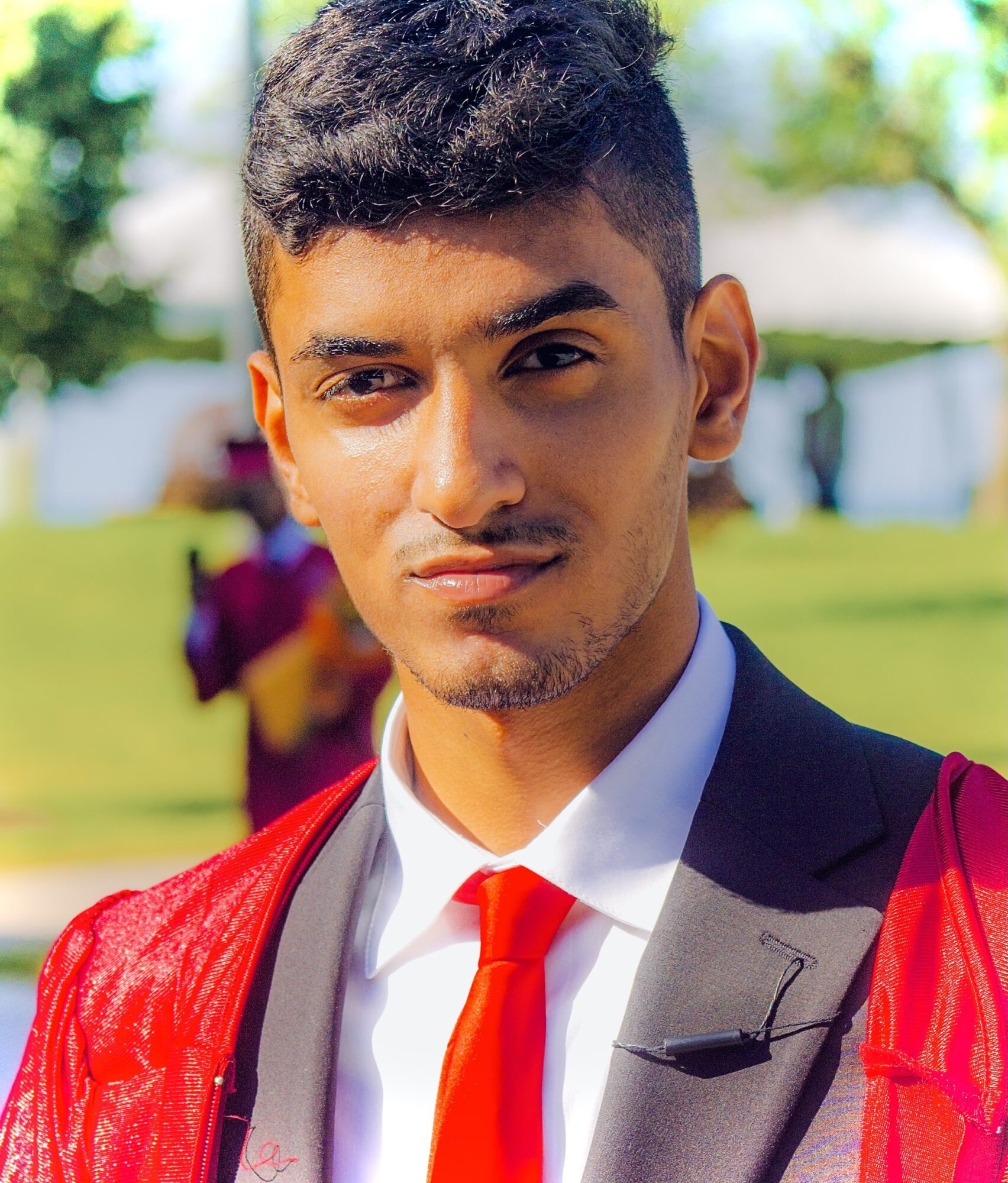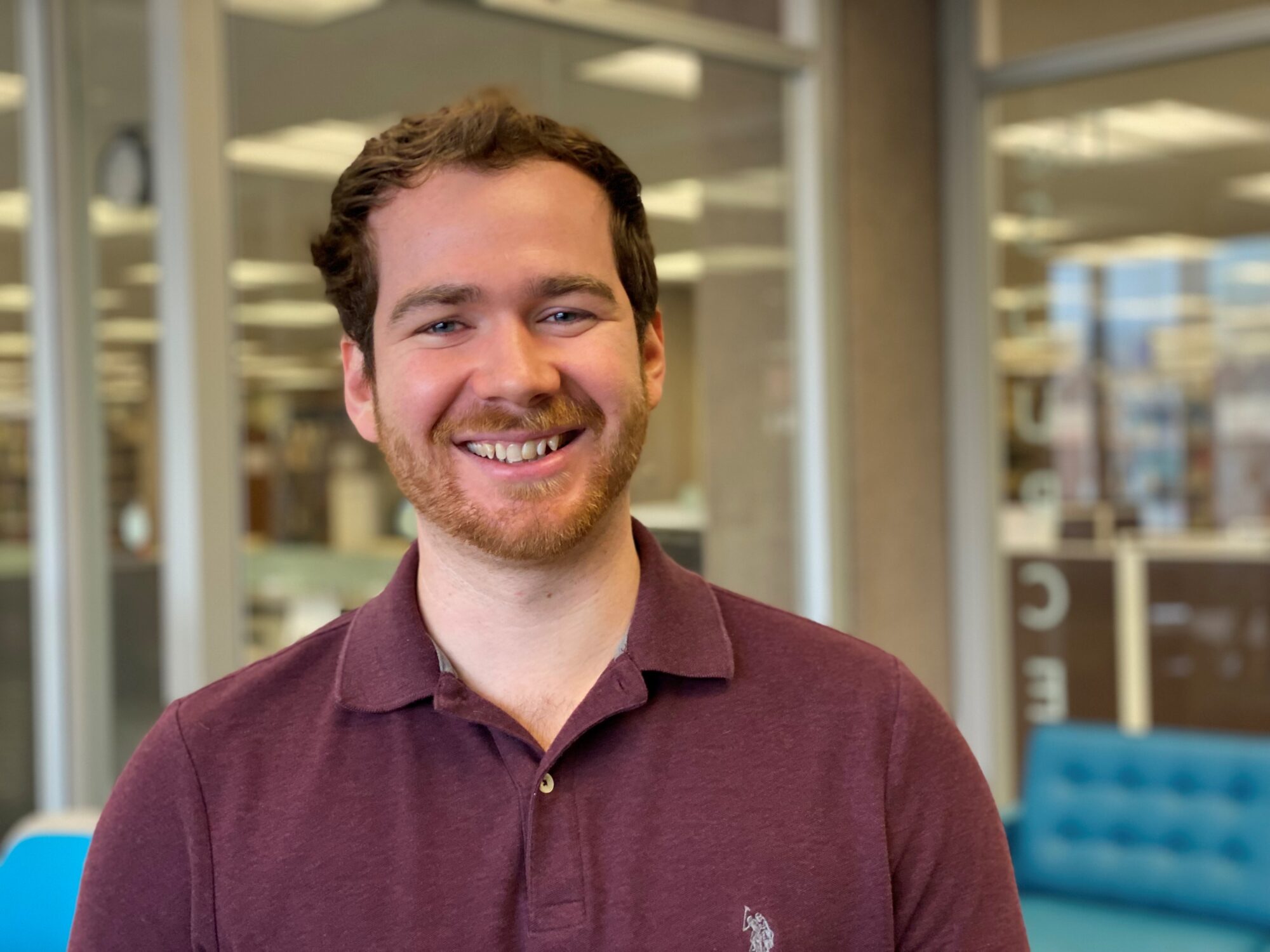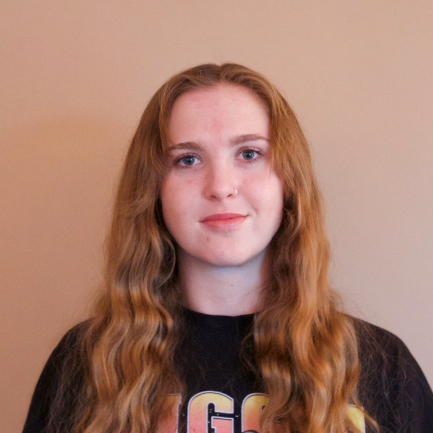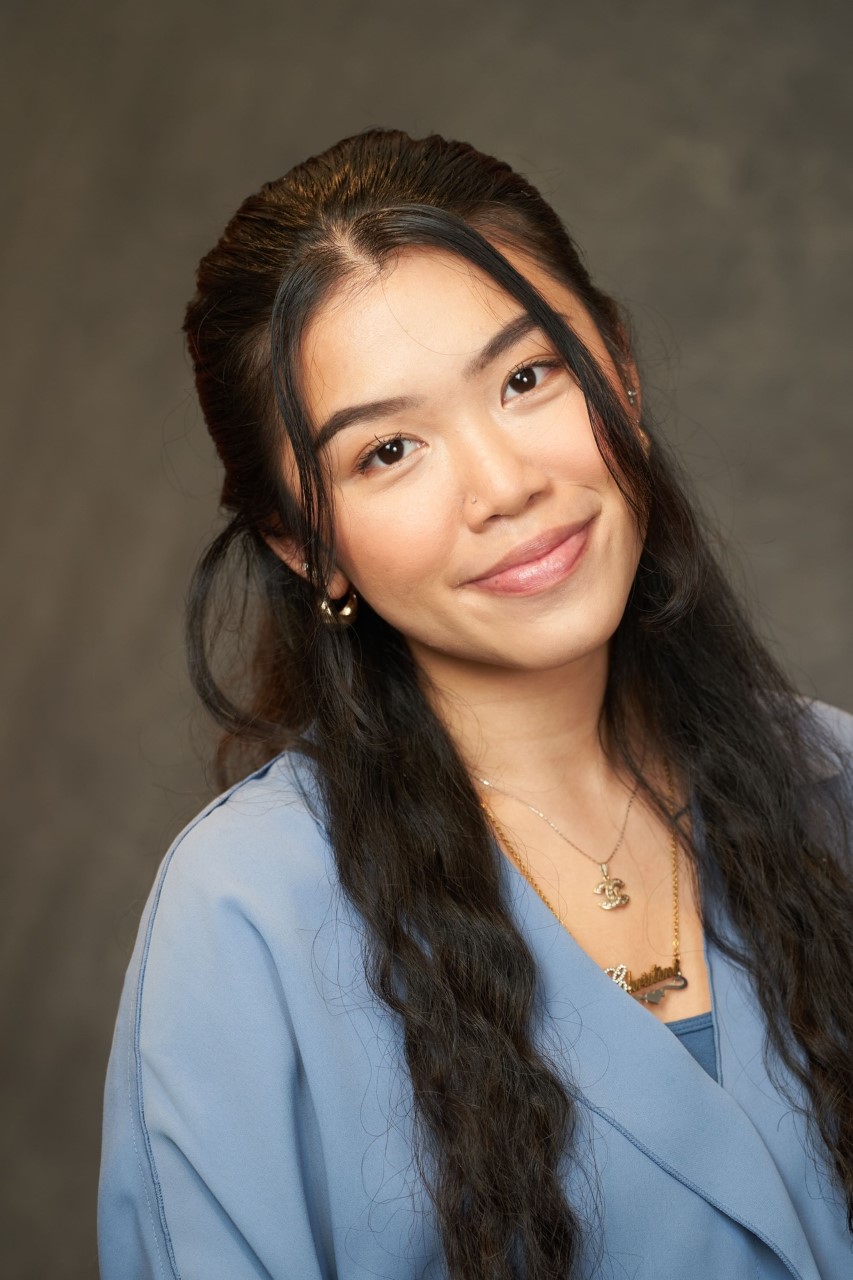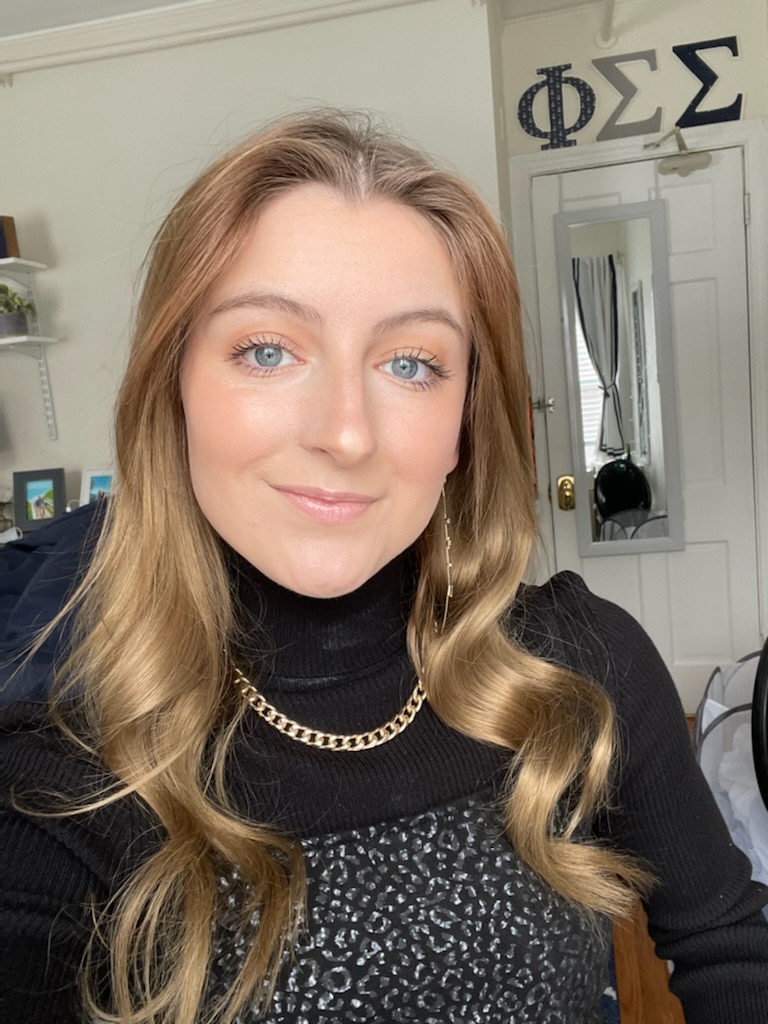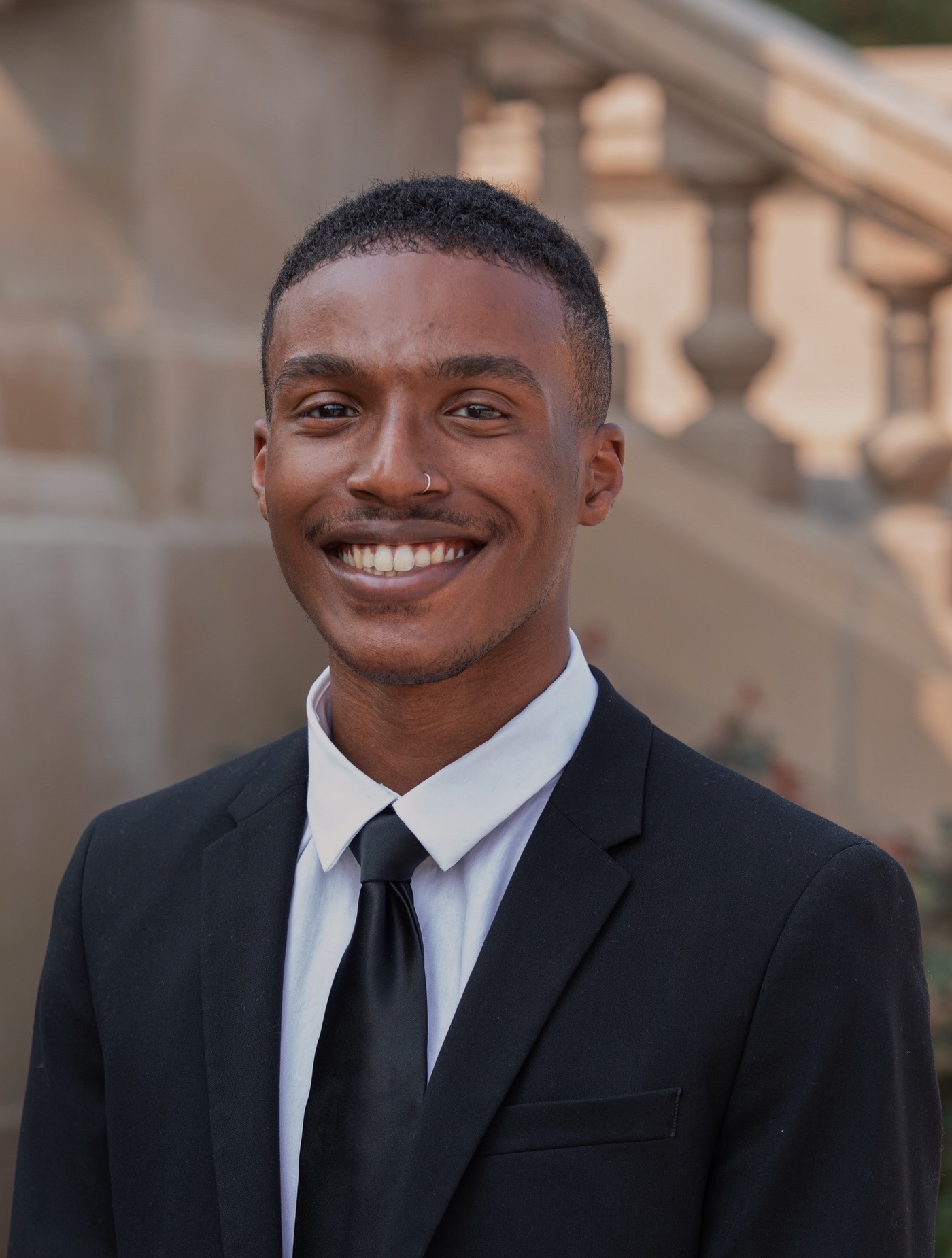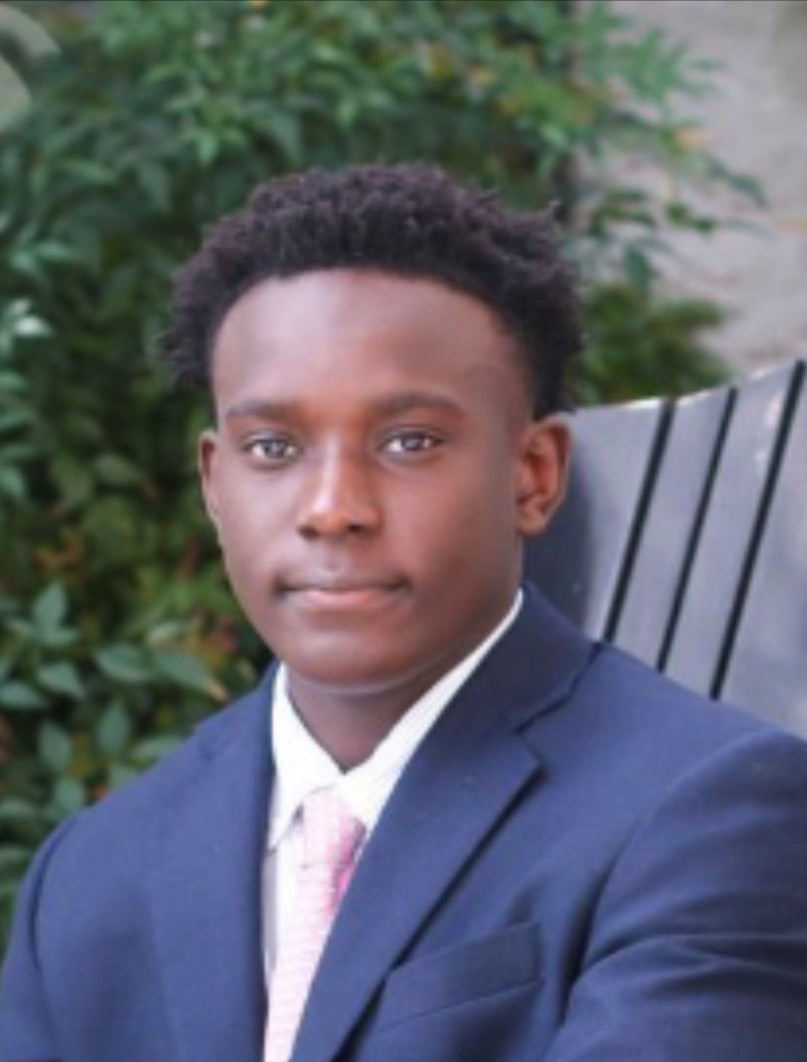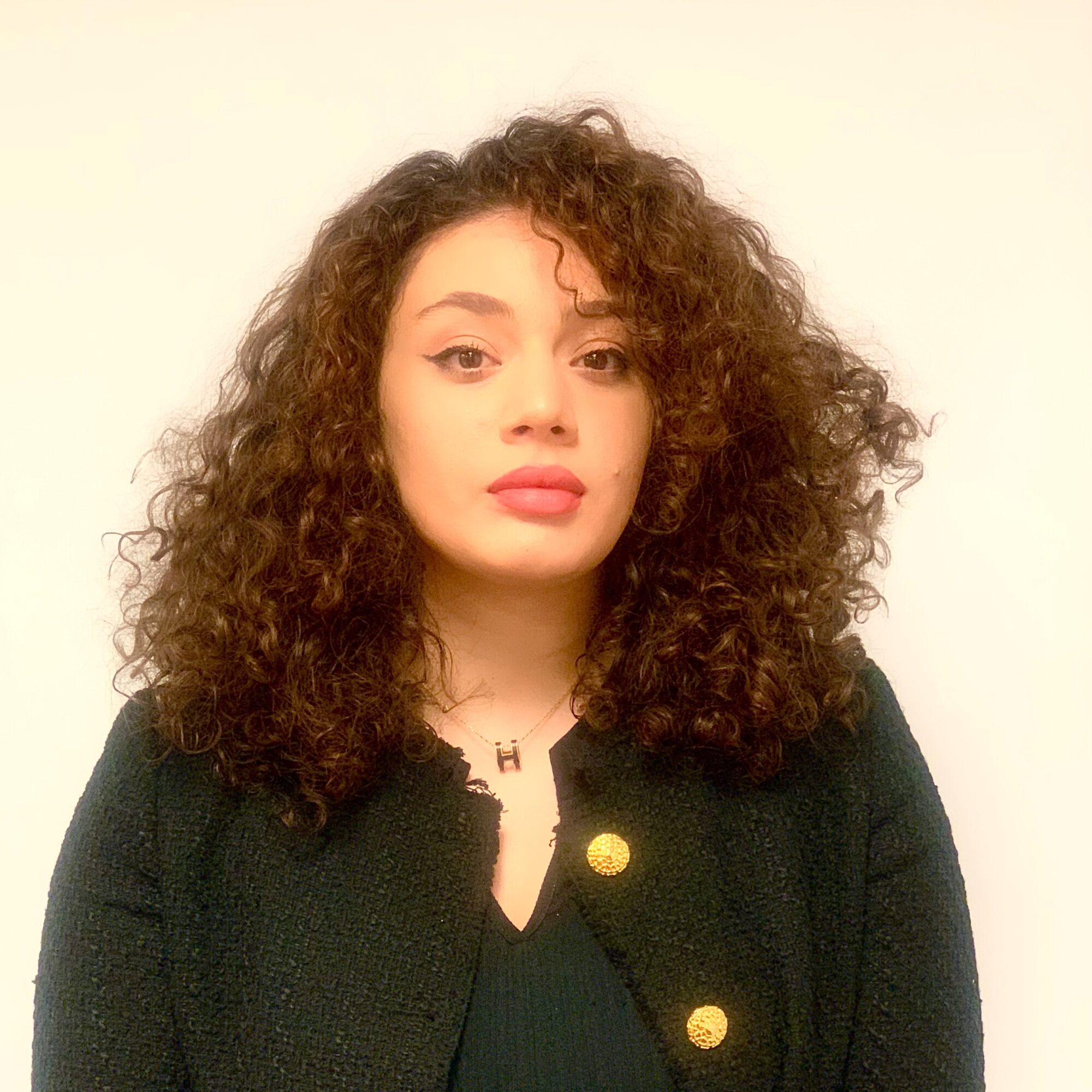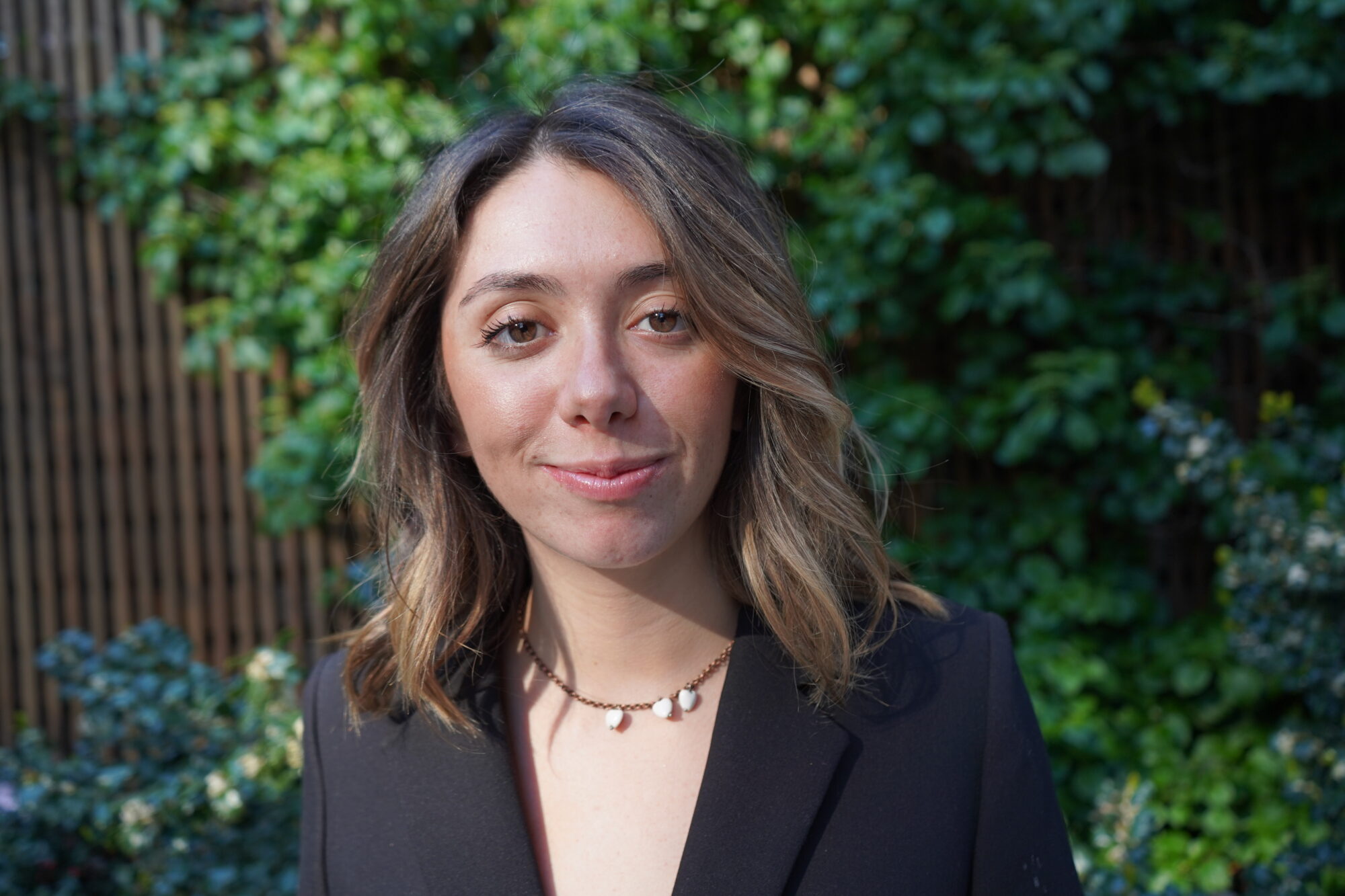
From Chicago to Syracuse University, Elizabeth Goldblatt ’22 has taken her many passions and is working toward building a fashion empire for the underrepresented. Elizabeth is currently a senior in Newhouse studying fashion and beauty while creating a clothing line named “Drake Riley.” Additionally, she is an active member on campus as the head fashion editor Jerk Magazine and working with Zamboni Revolution.
In high school Elizabeth was a devoted advocate for the disabled community co-founding the organization, “Acting for Change.” She showed her support by working with differently abled students as well as raising money for them. Additionally, Elizabeth worked countless hours to raise funds for the disabled community, and after she graduated wanted to continue that dedication through her business. Since this community is often overlooked in the fashion industry, she was determined to change this pattern.
Back home in Chicago, her grandma suffers from Alzheimer’s disease. She has witnessed her grandma struggle to find comfortable clothing while also being stylish. Elizabeth stated, “I was looking through my grandma’s closet and realized she didn’t have any comfortable clothing. Nothing fit her. After talking to her caregiver, I wanted clothes she could wear that would be both comfortable and fashionable.” Asking her grandma’s opinion and gathering all her measurements, she immediately jumped into creating a brand for not only those with disabilities but her grandma as well.
One trait to admire about Elizabeth is her drive and passion for what she cares about most. To get a hands-on experience, she worked at New York City Fashion Week for Bronx and Banco, Duncan, Moschino, Peter Dundas, Prabal Gurung, and Michael Kors. She built a relationship with a woman named Jacqui Bennett. As a result of Elizabeth’s great networking abilities, she was able to get advice from Jacqui who guided her to “look at her vision on a larger scale” and ultimately saw how much clothing doesn’t work for some groups.
This past year, Elizabeth saw an advertisement for the Impact Prize at LaunchPad. With only two weeks to prepare, she used her commitment and drive to create a business plan and develop several prototypes. She met with numerous mentors in LaunchPad as well as sending out surveys with a 200-person interest response. Just when you think she would be busy enough with all those tasks, Elizabeth goes above and beyond and checked out four books about entrepreneurship to learn as much as she could before the competition. Simultaneously she had an individual create a new logo for her business.
Although Elizabeth did not win the competition, she won more than what she could have imagined. She learned more about the business industry and how she can combine that knowledge with film and fashion. Looking forward, she wants to continue her passion for film and continue her passion for clothing. Nonetheless, Elizabeth created her brand name with meaning and depth, that not only represents her but her mission. Her name was derived by thinking of “The Life of Riley,” meaning “‘to live carefree and comfortably”’ and combining that with the name of the Chicago building her grandparents lived in, The Drake. She said it “was fun and creative.”
As a result of learning from her experiences and other people, Elizabeth has learned to “stop finding inspiration in other things and to look for what is not out there.”
Elizabeth Goldblatt is unstoppable and will make an unbelievable difference in this world. Not only has she shown this with all her hard work and talent thus far, but 15% of her profits will be donated to the National Organization of Disability. With a heart and passion as big as hers, there is no other route for her other than success.
